New Democratic Front MP Ravi Karunanayake raised several concerns about the management of the Ceylon Electricity Board (CEB) and the Government’s future energy strategy during yesterday’s parliamentary session.
Highlighting the financial performance of the CEB in 2024, Karunanayake noted that while the board’s total expenditure stood at Rs. 470 billion, its revenues had surged to Rs. 615 billion, generating a significant surplus.
He questioned what measures the Government plans to take to ensure this surplus is used effectively for debt reduction and improving operational efficiency.
Karunanayake also drew attention to the CEB’s transmission, distribution, and corporate costs, which account for 8.5% of total expenses.
He asked the Government how it intends to streamline these overheads to benefit consumers through reduced electricity tariffs.
Addressing the energy mix, the MP pointed out that renewable sources made up 51% of power generation last year at a cost of Rs. 72.41 billion, while thermal generation accounted for 49%, costing Rs. 272 billion.
He urged the Government to recommit to expanding renewable energy, which avoids foreign exchange outflows, and to reintroduce viable commercial rates to attract private sector investment.
Karunanayake also criticised recent policy changes, including the discontinuation of duty-free imports and the reduction of the buy-back period for battery storage from 20 to 10 years.
He warned these moves could discourage the adoption of battery storage technology essential for energy preservation, questioning the rationale behind the Government’s decisions.
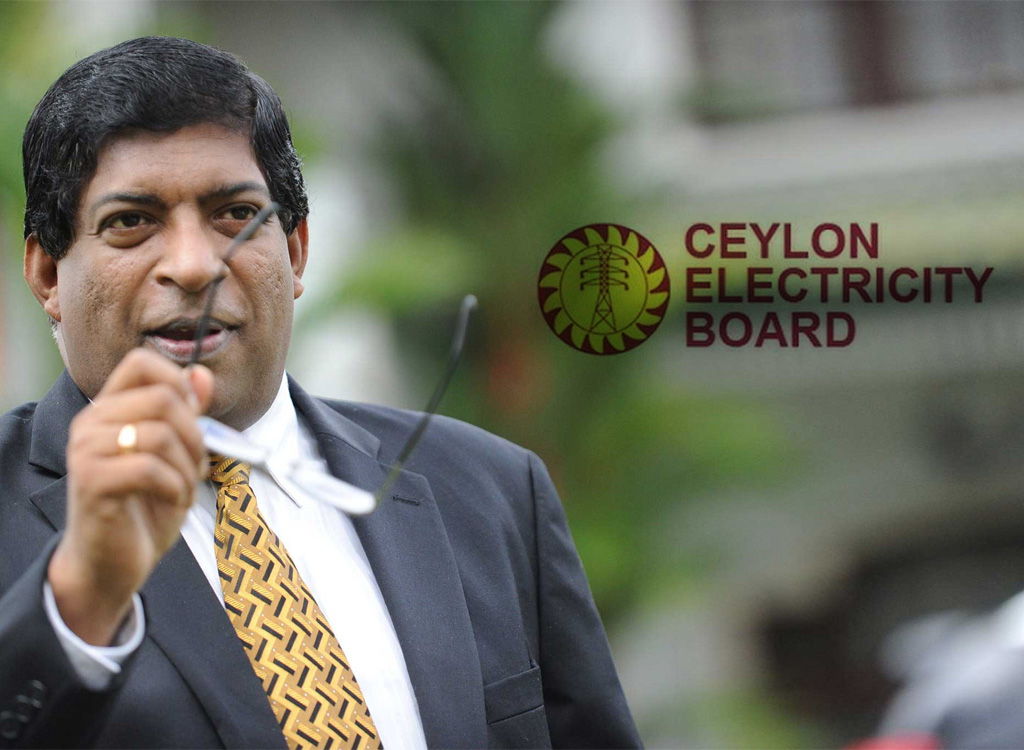


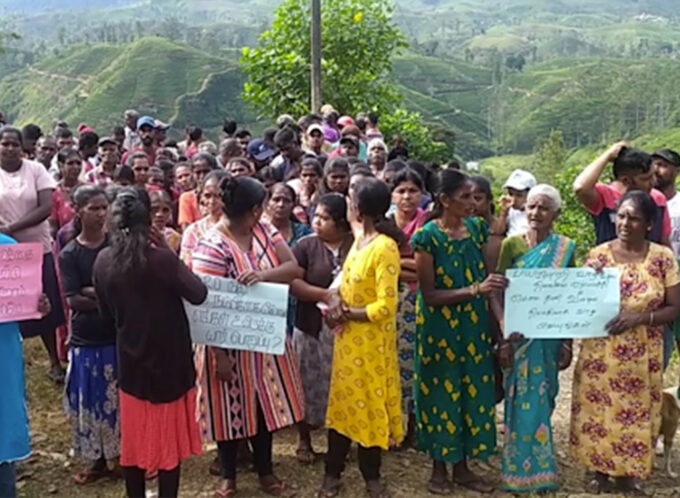
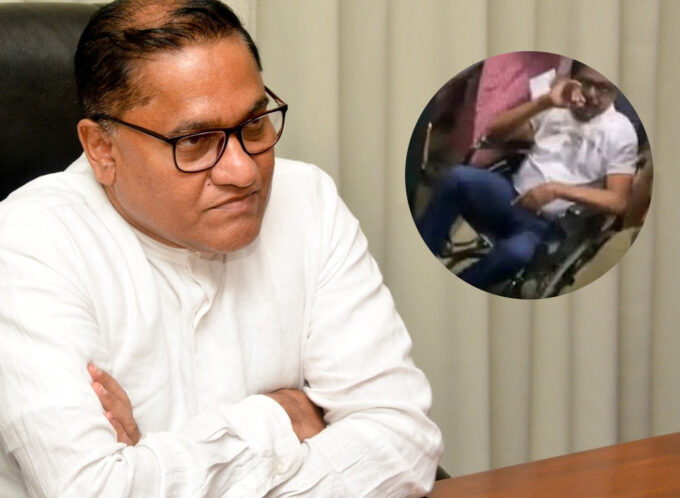
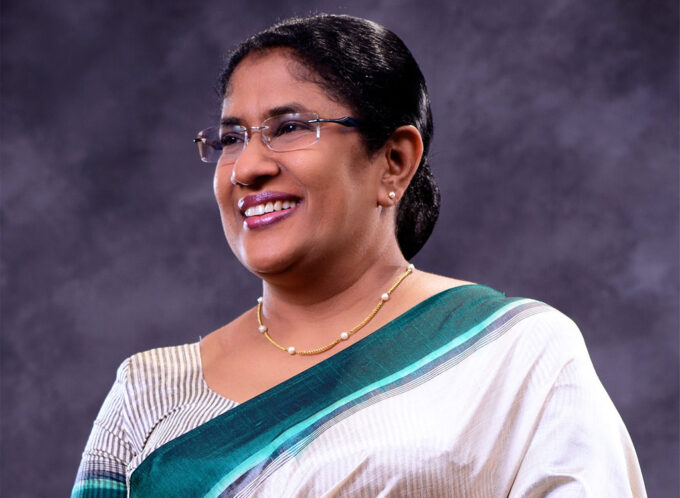
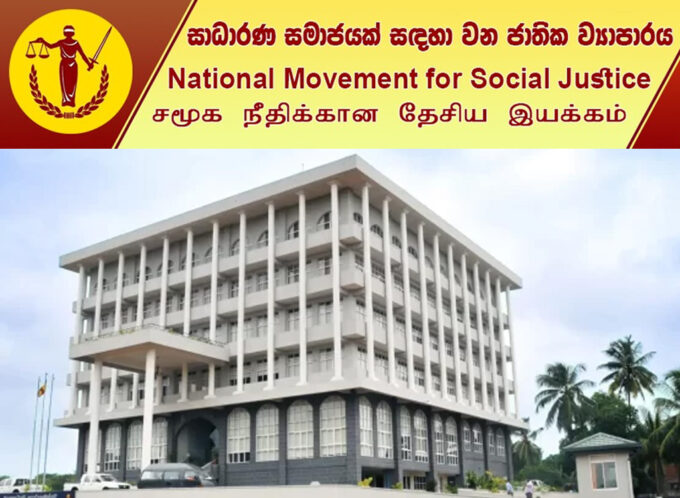




Leave a comment